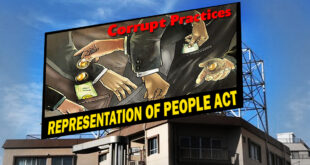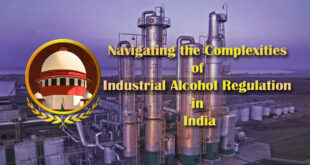The Board of Directors of the Reserve Bank of India (RBI) meets every month to discuss inspection reports of banks and systemically important financial entities, and other routine issues of supervision. The Board now has 18 members, inclusive of the Governor and four Deputy Governors and two top bureaucrats from the Finance Ministry. In addition, the government nominates 10 public representatives from different fields of activity to the board. Some of the well-known names nominated by the government to the Board now are N. Chandrasekaran, chairman, Tata Sons, Teamlease founder and chairman Manish Sabharwal, agricultural economist Ashok Gulati, chartered accountant S. Gurumurthy and Bharat Doshi, former CFO of Mahindra & Mahindra. Economic Affairs Secretary Subash C. Garg and Rajiv Kumar, Secretary, Department of Financial Services, represent the government’s interests. The Board meetings are normally boring affairs that go largely unnoticed. In fact, there has rarely, if ever, been a discussion on even the names nominated to the Board by the government. Yet, both have come into public focus in the last couple of months after the government decided to appoint Mr. Gurumurthy, known for his conservative views and swadeshi economics. Voices were immediately raised against his appointment, which was seen as imposing right-wing views on the central bank, never mind the fact that it is impossible for one or two nominees to swing an 18-member Board their way. The appointment has to be seen in the backdrop of tensions in the relations between the central bank and the Finance Ministry. There are several issues on which the government and the RBI disagree. A circular of the central bank that dragged several power companies defaulting on repayments to the insolvency process, classification of some weak banks as those needing immediate corrective action (which prevented them from lending freely) and the RBI’s reluctance to open the liquidity tap for non-banking finance companies (NBFCs) have been sore points with the government. In addition, the government has been coveting the RBI’s reserves, which it feels belongs to the government. The RBI has been transferring its entire annual profits to the government as dividend in the last five years, but it is reluctant to touch the stock of reserves on its balance sheet. The last Board meeting on October 23 was reported to be a stormy affair that lasted about eight hours but ended up discussing only three of the 20 items on the agenda. A public speech on October 26 by Deputy Governor Viral Acharya, in which he said governments that do not respect the central bank’s independence would incur the wrath of the markets sent the RBI-government relations further downhill. The upcoming meeting is crucial in the backdrop of the fraught relationship between the government and the RBI as it can result either in resolution or lead to a point of no return. The choices are clear: the RBI and the government have to arrive at an understanding on the issues listed above through a spirit of give and take. Alternatively, in the event of the two not being able to agree, and if the government still wants to have its way, it can, if it so chooses, exercise extraordinary powers vested under Section 7 of the Reserve Bank of India Act to give directions to the RBI to act as per its instructions. The signals coming from the two sides are mixed. RBI Governor Urjit Patel is reported to have met Prime Minister Narendra Modi last week in an obvious effort to explain his position and resolve the issues to mutual satisfaction. But government officials have been maintaining pressure through media briefings on the RBI to make it bend. In the worst case scenario, the government resorting to Section 7 will make Mr. Patel’s position untenable and he will have no option but to resign.
Check Also
Industrial Alcohol -Centre and State Laws for its Regulation
Concept : Industrial alcohol, unlike alcoholic beverages, is not meant for human consumption (denatured). It …
 Chinmaya IAS Academy – Current Affairs Chinmaya IAS Academy – Current Affairs
Chinmaya IAS Academy – Current Affairs Chinmaya IAS Academy – Current Affairs



